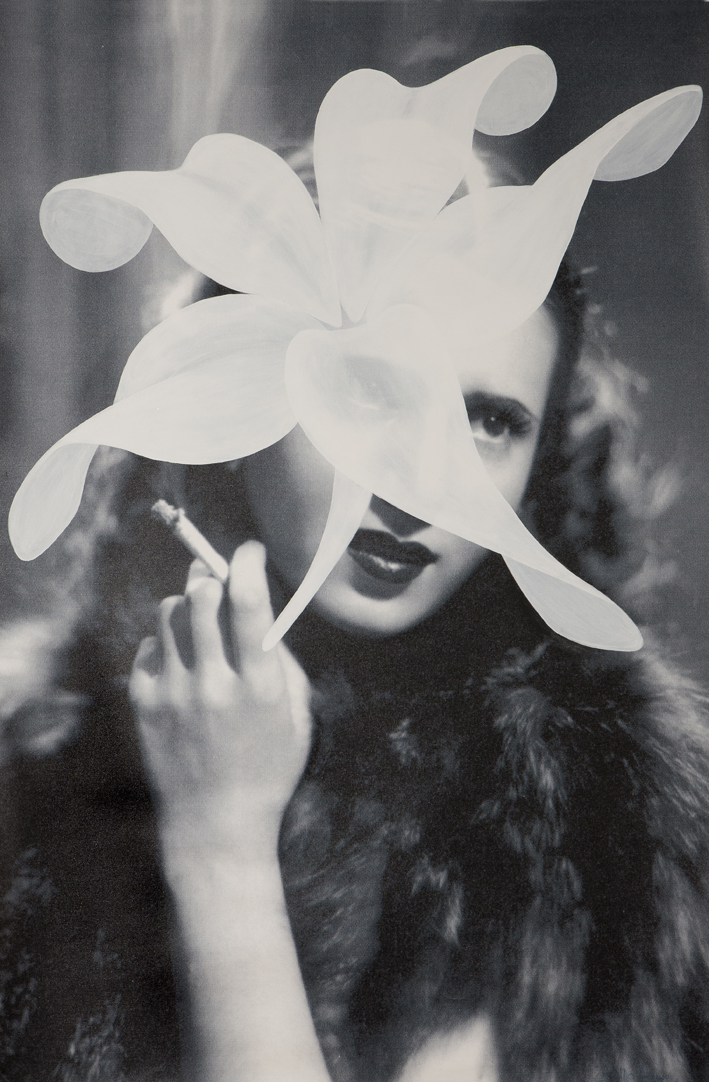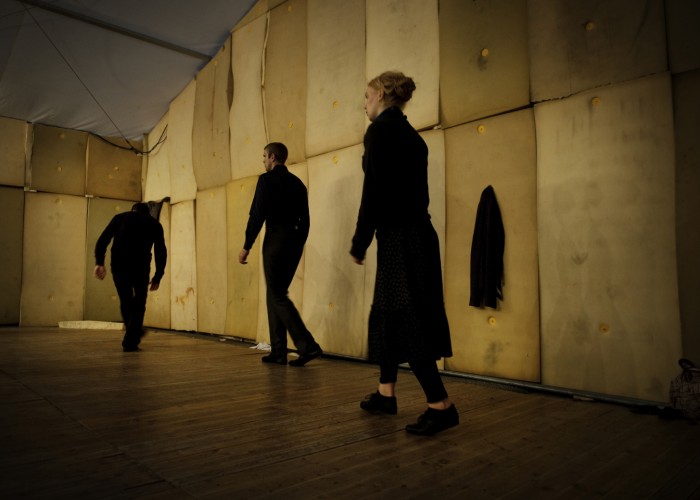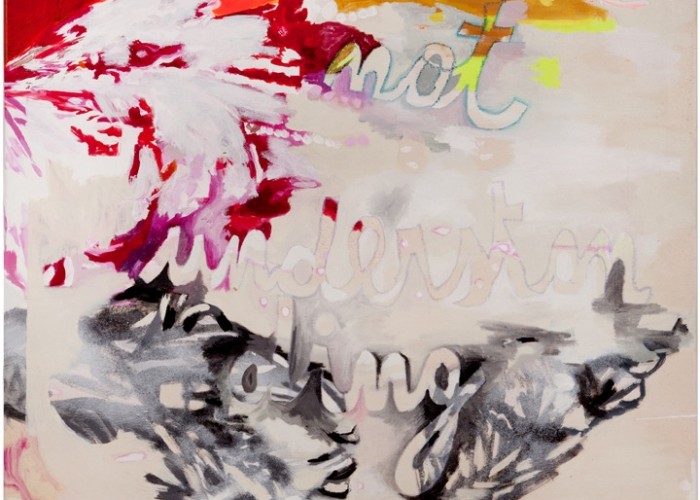Yolanda Castaño
translated by Carys Evans-Corrales
“What’s wrong here is that we don’t know
how to sell ourselves,” your fellow tenants
would always complain.
But when that guy who really had a handle on it
moved into Apartment B, fifth floor,
the whole building soon began to stone him from their little
balconies.
A cowering disc. Appropriating hens.
If all of our imaginary fades away, where then
are the organs with which we forget?
To raise, it took multitudes;
to demolish: just a handful of folks.
*
PRETENDING THAT THE PAIN SHE FEELS IS PAIN
My looks suggest I like
things that I do not.
Everyone speaks through
closed lips.
As does this.
The walls of a grotto where, ten thousand years ago,
someone sullies the natural essence of the stone.
Coins, alternating current,
a girl born with beauty in her genes,
pock-marked by hang-ups.
Like an orgasm in Hedy Lamarr, like Nikola Tesla’s eyes.
A country where one needn’t be,
but can merely
appear to.
A peeling away of gloves,
a touch of spice, the most prestigious
of all dubbing schools.
Capital is the nightmare
of being caught in our symbolic capacity.
The most flattering of all: mortuary makeup.
Years of work turned into equestrian granite.
An industry of poverty, wolfram in kitchen gardens.
Like an ardent body, aware but
feigning innocence.
Cheap false eyelashes, an image
identical to itself.
Like political poetry confused
with a selfie in the bathroom mirror.
The metonymy of evil.
The normative wrenched.
A set stage, a menu, an emergency escape from the fires of discourse.
Something whose roots stretch out to the air and longs
to return to the soil, once time
has elapsed since it burst into light—
like the eyes in potatoes.
The poem’s gaze is like this too:
worker ants in single file,
flattened forever
in timeless lines,
shreds of gestures
that look like
something else.
* *
Read this in Galician
* *
Image: “Evita” by Grillo Demo, courtesy of miau miau
[ + bar ]
Nikkō’s a Real Trip
Matías Ariel Chiappe Ippolito translated by Andrea Rosenberg
日々旅にして旅を栖とす。 (松尾芭蕉)
“Every day is a journey, and the journey itself is home.” –Matsuo Bashō, tr. Sam... Read More »
Kenneth Pobo
BERGMAN’S SUMMER WITH MONIKA
At work, she’s a game guys play between loading boxes, her home, cramped, noisy.
She and her lover sail under a high arch into an archipelago,
summer brief, a match blown out. Food gone,... Read More »
Zadie Smith’s NW
Maxine Swann
Two riveting scenes frame Zadie Smith’s exciting and unsettling new novel NW, recently shortlisted for the Orange Prize for Fiction. In the first, Leah,... Read More »
On Translating a Translation
Adam Z. Levy
For all the theories of translation one disavows or keeps tacked above the bed, there remain certain unscientific gut-level questions like: Have I gone too... Read More »








 sending...
sending...